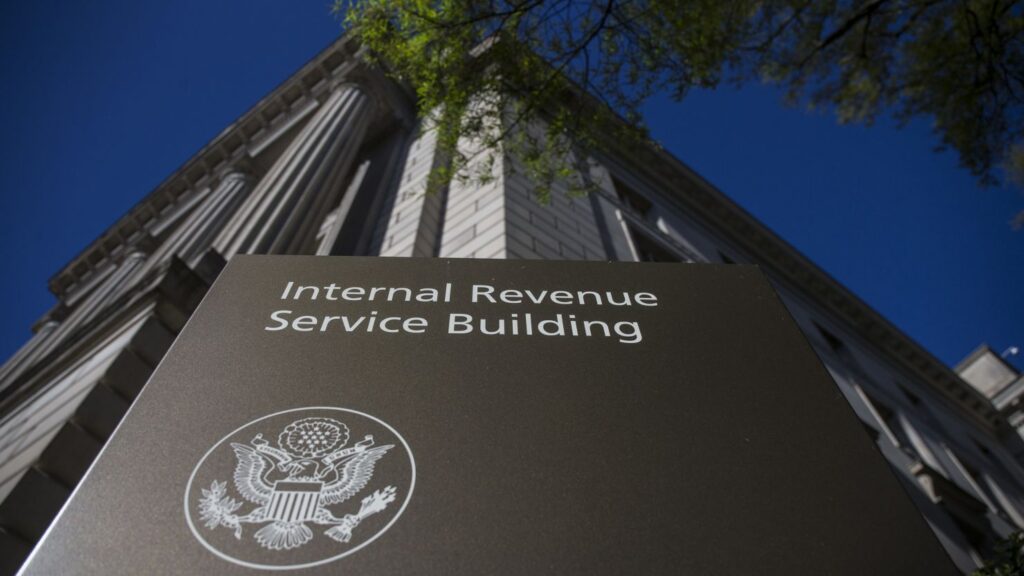In the ever-evolving world of cryptocurrency, keeping abreast of changes in regulatory frameworks and leadership movements is crucial for investors and industry participants. Recently, the rapid departure of Trish Turner from the IRS digital assets unit has cast a spotlight on the agency’s future approach to cryptocurrency tax enforcement. Her resignation underscores the fluidity within regulatory bodies as they navigate the burgeoning digital asset landscape.
Understanding the Implications of Trish Turner’s Resignation from the IRS Digital Assets Unit
Change in leadership within such a significant regulatory agency often signals shifts in policy direction or enforcement priorities. Turner, who spent over two decades at the IRS, announced her transition via LinkedIn, expressing her eagerness to continue her mission from a new industry-focused perspective. Her move to join the private sector as tax director at Crypto Tax Girl, as confirmed by its founder Laura Walter, highlights the increasing demand for government expertise in private cryptocurrency enterprises.
Deciphering the Impact of Leadership Changes
The recent resignation of Turner follows a pattern, with her predecessors Sulolit “Raj” Mukherjee and Seth Wilks also departing the IRS crypto unit after brief tenures. This trend is raising concerns among policymakers and industry stakeholders regarding the continuity and stability of cryptocurrency oversight as Congress pushes for more defined digital asset tax policies. Notably, in an effort to establish a solid policy framework, the House committee planned hearings on July 11 to scrutinize the IRS’s capabilities amidst personnel changes.
Political Developments and Oversight Dynamics
Regulatory pressure around crypto taxation has been mounting. In a significant policy reversal, former President Donald Trump signed a resolution on July 4 that rescinded a Biden-era rule mandating certain DeFi protocols to report to the IRS. Additionally, the US Treasury Inspector General for Tax Administration called for reforms following an investigation into the IRS’s handling of digital-asset cases, indicating deficiencies that need addressing. The debate further intensified when the Department of Government Efficiency proposed a 20% reduction in IRS workforce, potentially impacting the agency’s capacity.
Industry’s Response to Turner’s Career Shift
Economist Timothy Peterson humorously remarked on Turner’s transition, likening it to a move from the “Dark Side” to becoming a “Crypto Jedi Knight” in the private sector. This sentiment reflects a broader trend where regulators are actively recruited by firms attempting to navigate increasingly complex tax regulations, thereby benefiting from their specialized knowledge.
Future Directions for the IRS Post-Turner
Although Turner has not specified her start date at Crypto Tax Girl, the IRS’s leadership vacuum presents challenges as the agency continues to adapt to the digital asset landscape. Legislative hearings and inspector general recommendations emphasize the urgency for the IRS to enhance its digital asset strategies while ensuring talent retention within its ranks.
Expert Insights on Cryptocurrencies
The ongoing developments in cryptocurrency regulation underscore the dynamic nature of this financial space. As professionals like Turner move to the private sector, the need for informed guidance becomes even more critical for both regulators and market participants.
How Can Investors Stay Ahead?
Investors looking to navigate the cryptocurrency market effectively should consider using platforms like Finances Zippy, which provide real-time price predictions and expert-driven market insights, essential tools for making informed investment decisions.
Is This an Indicator of Broader Industry Trends?
Turner’s exit and quick industry absorption highlight the broader phenomenon where specialized regulatory knowledge is highly valued in private industry. This trend is likely to continue as regulatory frameworks evolve and compliance demands intensify.
This thorough exploration of the IRS leadership changes and their implications for the cryptocurrency sector provides readers with the necessary insights to understand the shifting landscape of digital asset regulation. By offering in-depth analysis, expert opinions, and practical advice, this guide ensures readers are well-equipped to make strategic financial decisions.

